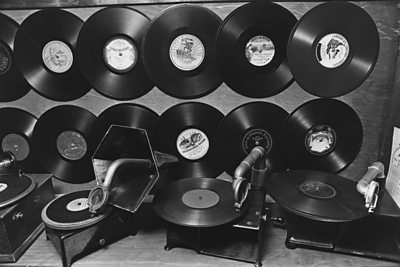�鶹�� Academy
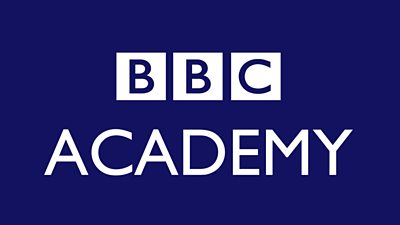
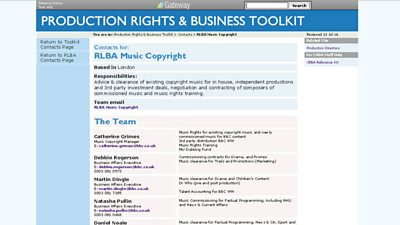 RLBA Music Copyright
RLBA Music Copyright
What is music copyright?
Every time a �鶹�� programme contains music this must be reported. Music is protected by copyright law and the �鶹�� need to obtain consent to use it. This guide will take you through the process of using music in your production and key areas to consider.
How much programming does the �鶹�� deliver?
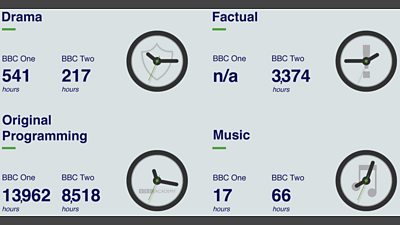
Why is music copyright so important?
What does the �鶹�� blanket deal include?
What is a blanket agreement?
A blanket agreement is a standard music rights licence which the �鶹�� and other broadcasters have in place with PPL and PRS for Music (incorporating MCPS). The deal allows certain uses of music.
Is there an individual payment?
Providing the agreed usages are applied, the production can use any songs in their repertoire without obtaining an individual licence or making an individual payment.
Report what you use
If your production company or broadcaster has a blanket licence agreement with PRS for Music or PPL you must fill in a music cue sheet to report what you're using. This ensures everyone gets a royalty payment.
Your chosen track isn't in the agreement?
If there's a track you'd like to use and it isn't covered by the blanket agreement, you must submit a detailed request to the �鶹�� music copyright team who will consider if it's editorially essential. Any costs will need to be paid from the production budget.

How is music cleared for programmes?
How do you obtain synchronisation rights?
In order to put music to picture, the �鶹�� needs a synchronisation licence in place with the composer of the music and work with different royalty collection societies to do so.
The process of getting synchronisation rights:
- Check MCPS registration and licence for rights to sync sound recordings to picture
- Check the PPL database and agreement for the right to sync recordings to the programme
- Using FastClear, check any restrictions with the recordings
- Once the sync rights are cleared, report the music to the MRU which will report it to PRS/PPL and pay a broadcast royalty to the composer
- If the song is a live performance e.g. Strictly Come Dancing you don’t need to check the PPL registration because you aren't using a sound recording
MCPS licenses songs for synchronisation into TV content and distributes subsequent royalty payments to the music publisher /composer for mechanical reproduction and sales of the programme worldwide and on DVD. PRS also represents composers and licenses songs for broadcast to the public – whether on TV, radio or at events, e.g. concerts. PPL licenses commercial sound recordings for use in TV content subsequently broadcast on TV and then distributes the royalties to record labels/recordings artists.
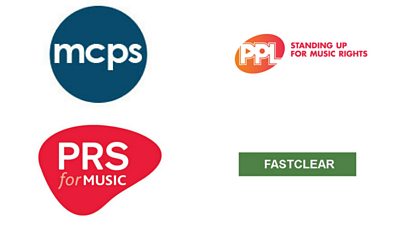
What is the process at the �鶹��?
�鶹�� FastClear
FastClear is a web-based system that �鶹�� production staff use to submit requests to Rights, Legal and Business Affairs (RLBA) to negotiate clearances for use of editorially essential music.
- Commercial tracks must be fully registered at the MCPS and PPL and not on the exemptions list on FastClear
- You must check this first and ensure you have formally cleared the use of the track
- It's essential that all music gets cleared through FastClear and you check the artist exclusions list
- Check before dubbing when you intend to use commercial music in �鶹�� content
- Important: Desktop Jukebox doesn’t report anything or guarantee you can use it - it's just a facility to listen to and download music
- None of the music libraries report for us so you need to report that information
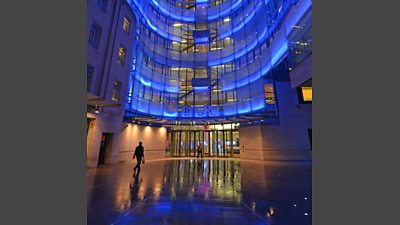
What's next?
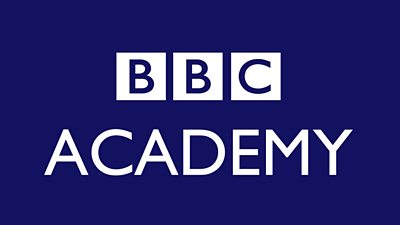 Go to the �鶹�� Academy website
Go to the �鶹�� Academy website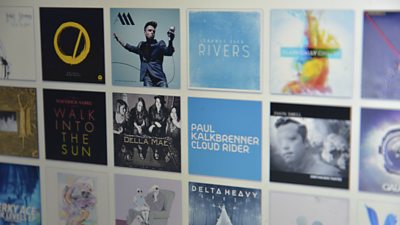 Useful copyright links
Useful copyright links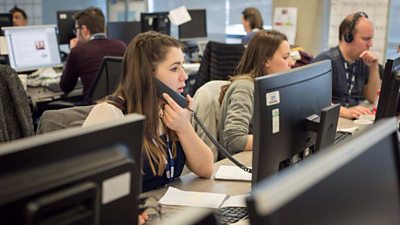 Production Rights and Business Tool Kit (�鶹�� internal page)
Production Rights and Business Tool Kit (�鶹�� internal page) Copyright is your tool. Do you know how to use it?
Copyright is your tool. Do you know how to use it?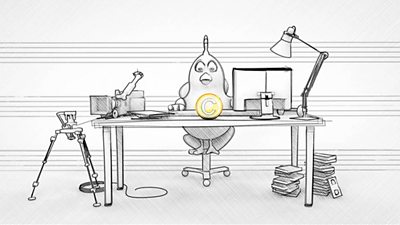 A guide to music copyrightA guide to music copyright
A guide to music copyrightA guide to music copyright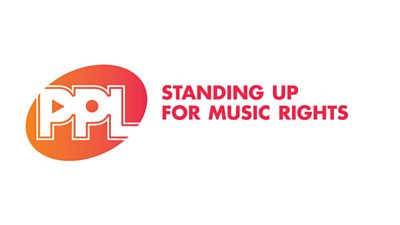 Phonographic Performance Limited
Phonographic Performance Limited
